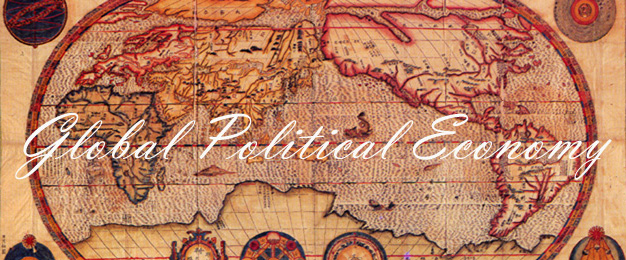 |
||||
INTRODUCTIONA ground swell of Global protesters including labor unions, farmers, environmentalists, human rights activists and anarchists disrupts and aborts the World Trade Conference in Seattle in 1999. The passage of a bill imposing heavy tariffs or import restrictions on a commodity in one country affects the economy and even the stability of the government of another country. A rebellion in a province producing a scarce raw material in one country disrupts the supply for the industry of another country, causing lay-offs and social disruption. The decision by a government to make its currency not convertible on the international exchange market devalues its currency, making foreign goods expensive and causing inflation, but discourages foreign investment and protects local industry. These are the kind of issues addressed on this site. This site deals with intertwined global economic and political issues. The emphasis on intertwined refers to the Complex Approach which is the method of inquiry used on this site as distinct from the “systems approach” which is commonly used for social, economic and political analyses. The field is also called "international political economy." But that term does not meet the complex approach criteria. Global political economy goes beyond relations between nations, i.e., nation-states. For example, drug trafficking, illegal arms deals, smuggling goods and people, and laundering their financial products, which are estimated to amount to a trillion dollars annually, are not taking place in the framework of relations between nation-states. [The background
of this
site's logo
is a Chinese map made around 1648 by the Italian
Francesco Sanbiasi or,
in Chinese, Bi Gangji. It underscores the
extent of
communications
among cultures at that time.] |
||||
|
